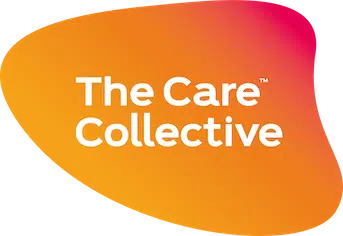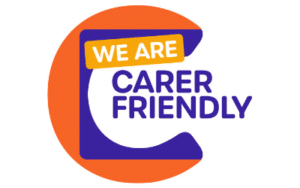In this post James from the Perago team, who are partnering with CTSEW on this work, will share what we’ve learned from our retro’s over the last three weeks.
Doing an initial landscape review across an organisation can be quite intense for everyone involved, but it does give as many people as possible the opportunity to engage with a different way of working and see some of the opportunities that using a user centred design approach with agile ways of working can bring. Part of this is to take time out to reflect in regular meetings called ‘retrospectives’ or ‘retros’. Now that we’re over halfway through the project we wanted to share some of the things we’ve covered in these retros and how that reflection has helped shape the project.
- A flexible approach
Being flexible and embracing change as we learn more about a project, users and an organisation is a really important part of how we work. We don’t want to get stuck delivering something that won’t add value. Whether this is reflecting on our user research recruitment, focusing on quality and high standards over numbers, flexibility around how we work or changing our communication approach based on insight.
As I explained in my last blog post we decided to work in ‘Sprints’. These are short, time boxed, delivery windows to help with focus and progress. Within the first week we realised it made more sense to change our sprint start dates to Tuesdays so our sprints would run Tuesday to Monday. This allowed us to involve more people and get our planning out of the way ahead of the sprint starting which is helpful with a weeklong sprint. A small change but one that made getting involved easier for everyone.
- Ready for a new way of working
We’ve been lucky that the CTSEW team have been great, fully engaged (we had over 50 staff express an interest in working with us on the project) and have helped keep momentum. We took some time out to explain a bit about agile, but everyone agreed that the best way to learn about it was to go ahead and do it! In an early retro we used a Mural board to get everyone’s thoughts on how they were finding the different way of working, especially around flexibility, collaboration and communication and all of these scored highly. When there were things they weren’t sure about the retros gave everyone the chance to raise issues and for us to address anything we needed to change. This openness is a really important part of the culture that is critical if you want change to succeed. Retros allow that reflection and honesty and make sure everyone is heard.
- Getting the basics right
There was quite a bit of thinking to do in getting the right data protection provisions in place for us to undertake this work safely and CTSEW were really supportive of this. An early retro highlighted that we were making a lot of requests for information and data early on in the project, so we agreed to plan these requests upfront as not to make lots of individual ad-hoc requests. We also made sure there was a single point of contact so we could progress things as quickly as possible while making sure we were doing the right thing.
- From issue to opportunity
It’s almost inevitable that when you start to work differently issues appear. It’s what you do with them that matters. Most issues can be worked through, and many can lead to better ways of doing things. Here’s a couple we’ve encountered and reflected on so far:
- Most organisations are now using use Office 365 or a similar tool. To help us work remotely and collaboratively on this project we set up a new Team across our organisations. It should have been straightforward, but as with many things on Teams it didn’t work at the start meaning we had to switch back to email which was less than ideal. Before long we managed to get things working smoothly again and used the opportunity to setup a skills workshop on using Microsoft Planner and Teams. This allowed the team to try out new tools and also flushed out an issue with different versions of Office that can now be resolved.
- Before we could get started with blogging, we discovered the old CTSEW website was being retired and content was being migrated. We turned this potential blocker into an opportunity – getting stuck in and helping with the migration and setup of the blog templates.
- When planning our analysis of the user research interviews, we came unstuck when we tried to get a transcript from Zoom. Most of the interviews were carried out in Teams and Microsoft’s feature worked really well – separating out each speaker and formatting the transcript nicely. Zoom on the other hand was missing the transcript download option. After some rooting around, it turned out we had the wrong Zoom license. We were able to turn it around in the end though and add a new tool to CTSEW’s arsenal using the built-in transcription feature in Word Online.
Taking the time in our retros to reflect on these things and more is a really important part of what we do. It provides the time and the environment for the team to express how they’re feeling, share learning and celebrate success. It allows us to bottom things out and move on. It allows us to progress. And we couldn’t be happier with the progress so far. There’s still a lot to do in the last 2 weeks but we’re confident that we’re progressing well, learning loads and putting the foundations in place to deliver better services for carers.


